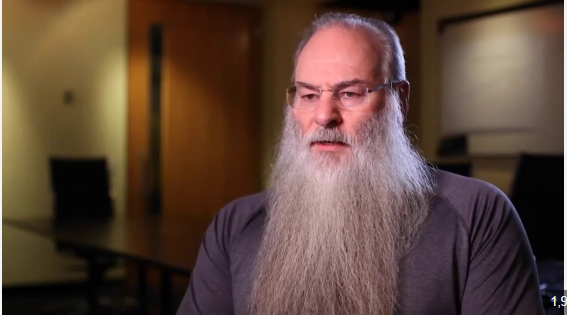In 1995, Mark Leonard left the venture capital world and started Constellation Software Inc (CSI) with an initial funding of $25 million. Nearly three decades later, in 2024, the company reached a staggering market capitalization of $89 billion, delivering an annual return of about 33%. Unlike other famous investors, Leonard keeps a low profile — he rarely gives interviews or appears in public.

Known as the “Monk of the Market,” Leonard’s disciplined and silent approach has earned him a reputation as one of the most effective long-term investors today, quietly surpassing the fame of figures like Warren Buffett and Elon Musk.
A Different Approach to Building a Software Giant
Constellation Software has grown into one of the world’s most successful software conglomerates by focusing on a unique decentralised business model. Unlike many companies that centralise control to reduce costs, Leonard gives autonomy to the smallest business units, trusting the operators who originally built the companies to continue running them.
Leonard’s philosophy is simple: empower and incentivise managers, and avoid unnecessary interference. This approach has led to remarkable growth, as a $10,000 investment in CSI since its IPO in 2006 would now be worth about $1.25 million — a 125-fold increase.
Global Reach and Industry Focus
Based in Toronto, CSI focuses on acquiring and managing “vertical market software” companies — software that serves highly specialised, often overlooked industries like municipal water billing or medical scheduling. CSI operates subsidiaries worldwide, including in the Netherlands, Australia, Canada, the UK, Bermuda, and Hungary.
The Eight Rules Behind Leonard’s Success
Mark Leonard’s investment strategy is guided by eight key principles:
- Buy Niche Software, Not Flashy Unicorns
Leonard prefers companies dominating small, specific markets, which often deliver better returns than high-profile tech firms. - Build a Forever Home
CSI holds acquisitions permanently, fostering loyalty and long-term growth instead of quick flips. - Decentralise Everything
After acquisition, companies maintain autonomy with minimal interference, supported by performance incentives and shared best practices. - Focus on What Matters
Leonard tracks Return on Invested Capital (ROIC) and organic revenue growth rather than standard accounting metrics. - Split Companies if Too Big
Large corporations can become slow; CSI divides big units into smaller, agile teams. - Incentivise Managers Like Owners
Managers invest a significant portion of their bonuses in company shares. Many top performers manage portfolios like mini-CEOs, encouraging entrepreneurship within the company. - Maintain High Investment Standards
Only acquisitions with strong expected returns are pursued. If a deal doesn’t meet standards, Leonard walks away or returns cash to shareholders. - Leave Ego Behind
Leonard takes no salary and avoids the spotlight, focusing instead on results and continuous improvement (Kaizen). Mistakes are seen as learning opportunities, fostering a culture of collaboration and growth.
A Legacy of Quiet, Consistent Growth
Mark Leonard’s success is a testament to disciplined investing and trust in capable operators. Without media attention or flashy hype, he has built a powerful and nimble company through steady compounding, decentralisation, and long-term thinking.
His approach shows that in investing and business, there is no substitute for patience, humility, and hard work. By buying boring, niche software companies and empowering the people who run them, Leonard has created one of the most impressive growth stories in modern business history.
